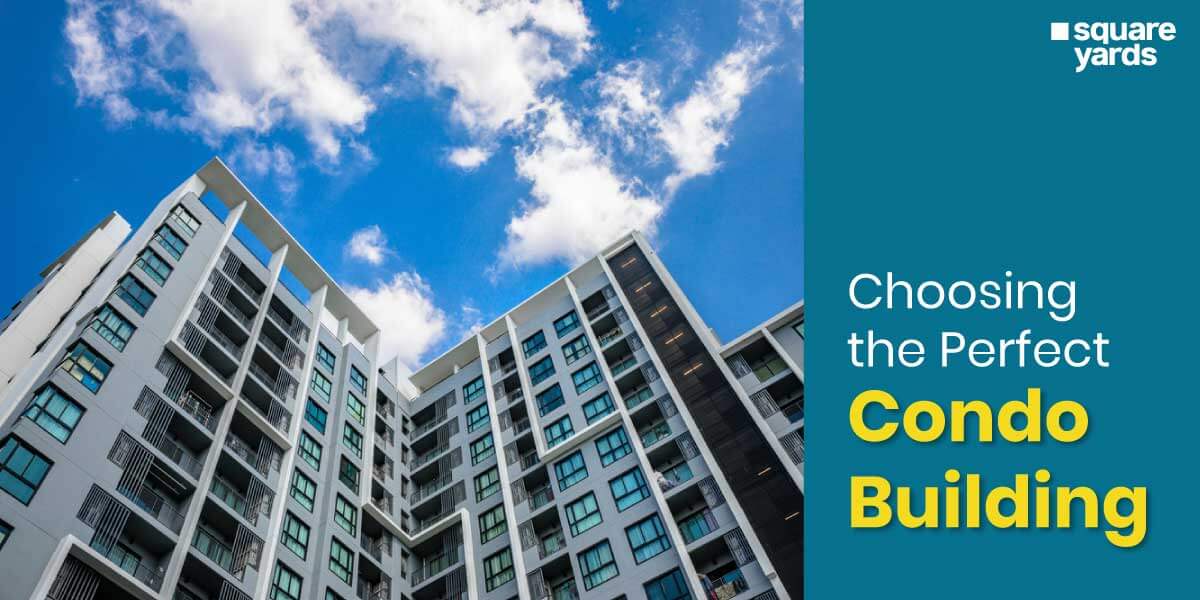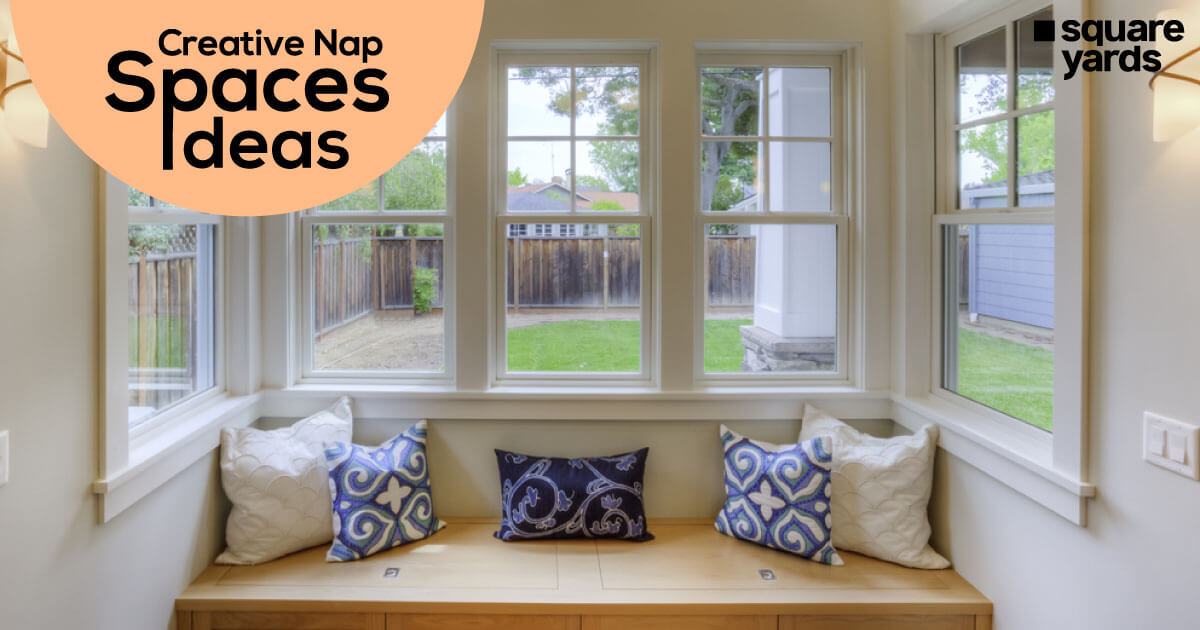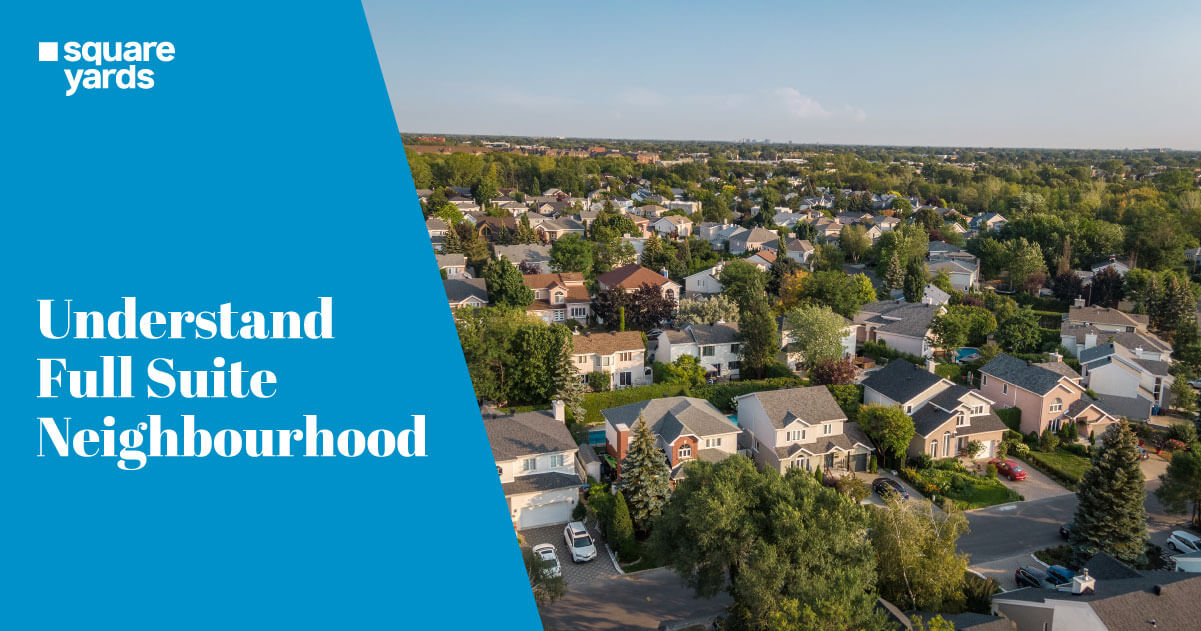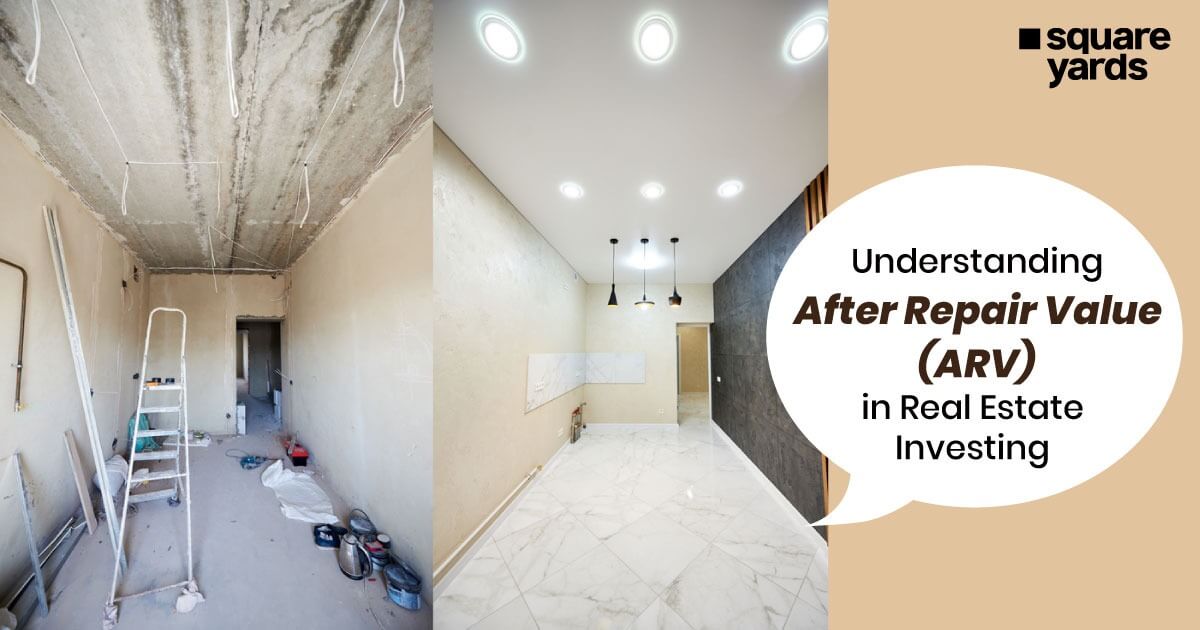According to Statistics Canada, approximately one out of every eight Canadian households resides in a residential condominium. These condominiums are primarily situated in a selected number of census metropolitan areas. When choosing an ideal condominium, there are several factors that one should consider. Among these factors, the size of the condo building plays an important role. Small and large condo buildings have advantages and disadvantages, catering to different lifestyles and preferences. No two condo buildings are alike, regardless of their size. Each one has its own unique offerings, whether it is located at a prime location or a well-maintained reserve fund. Some buildings may have a simple design, while others strive for a more luxurious feel.
These differences hold true for both large and small condo buildings. However, it is important to note that there are substantial differences to consider when purchasing a condo unit in a large or small building, and these variations may impact your final choice. In this blog, we will look at the advantages and disadvantages of small and large condo buildings to help you make an informed decision while looking for your ideal living space.
Smaller Condos
The term ‘small condos’ is commonly used to describe compact or low-rise residential buildings with fewer than 50 units. These condominiums have a limited carpet area compared to larger apartments or condos. However, it is important to note that smaller condos do not suggest a lack of amenities or quality. Instead, it emphasises a more intimate and personal living experience.
Features of Smaller Condos
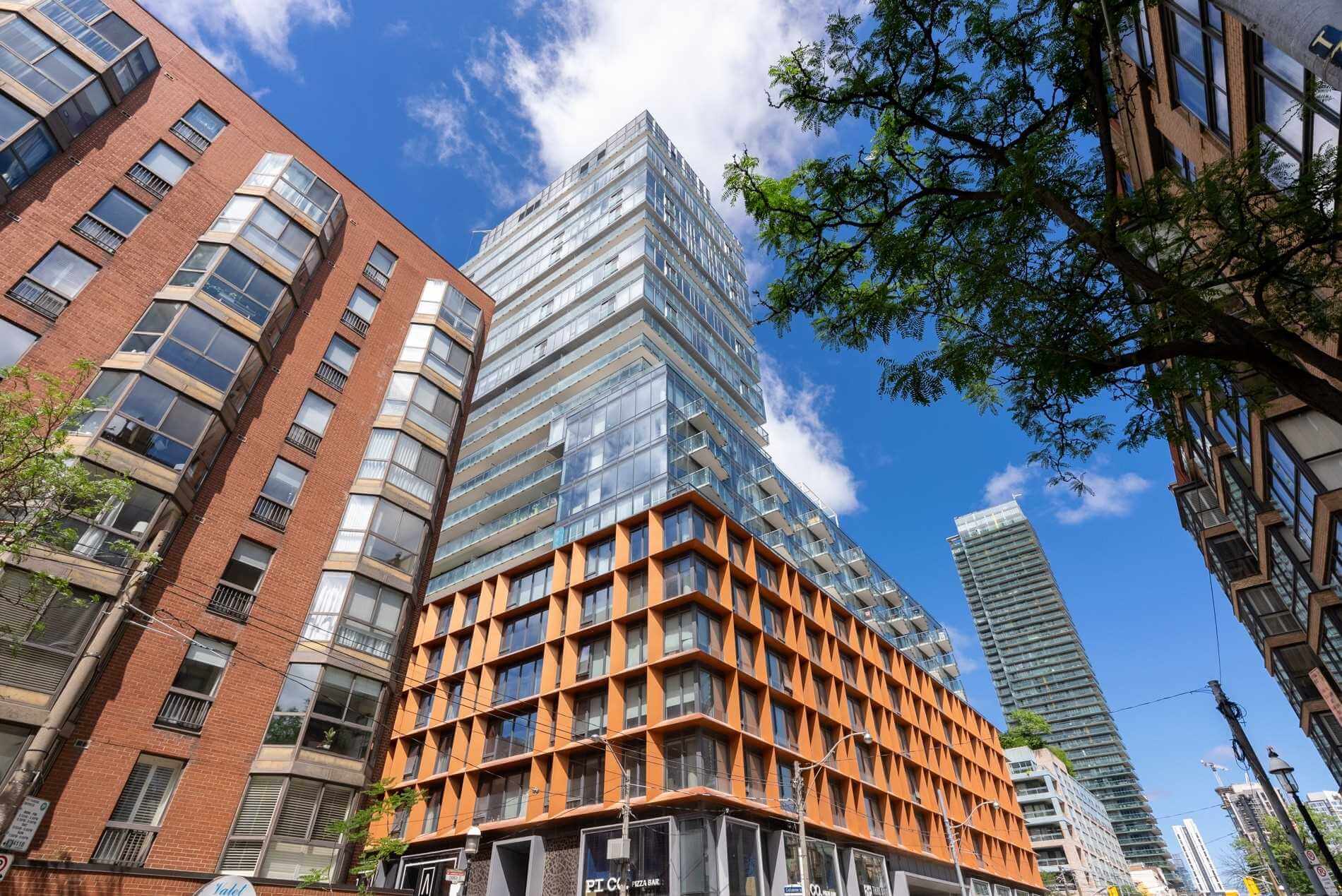
When searching for a condominium, the probability is higher to discover a one-of-a-kind and individualised unit within a compact building. These smaller condominiums are typically built to showcase innovative design and creativity. Opting for a smaller building often guarantees a more unique and memorable living experience. Let us talk about some advantages of small condos:
-
Sense of Belongingness
Smaller condo buildings create a sense of community by allowing tenants to get to know their neighbours on a more personal level. This could result in a close-knit and welcoming atmosphere. With fewer units, it is easier for residents to form genuine connections, and neighbours can become friends in no time.
-
Privacy and Peaceful Environment
Small condo complexes provide an environment for individuals looking for respite from the chaotic urban life. By housing fewer occupants, these buildings experience reduced pedestrian activity, resulting in a more peaceful atmosphere. This can appeal to individuals seeking a more private and serene atmosphere within an urban setting.
-
Creativity and Design
Smaller condo complexes frequently have more distinct and unique apartments, giving purchasers a wider range of options. This might result in a more personalised living environment. They are typically designed with artistic ambition, and their architectural designs can be more attractive and unique.
-
Low Maintenance
With fewer units to manage, maintenance tasks in smaller condos are typically more straightforward and may be addressed more promptly. This can contribute to a well-kept and aesthetically pleasing living environment.
-
Potential for Resale
When selling your property, having a one-of-a-kind unit in a smaller condominium complex can be beneficial. It sets your property apart from others in the market, potentially minimising the competition and providing you with a competitive advantage.
Disadvantages of Smaller Condos
While smaller condominiums provide a unique and personal living experience, there are some possible disadvantages to consider before making a decision. Here are a few disadvantages to smaller condos:
-
Limited Space
The most obvious disadvantage is the limited available space. Smaller condominiums do not offer ample storage space, and there is also less space for entertaining visitors or accommodating a large family.
-
Less Amenities
If you prioritise multiple amenities like spacious fitness centres, swimming pools, or communal areas, smaller condo buildings do not offer the same variety and scope of facilities as their larger counterparts.
-
Limited Resale Value
Compared to larger units or properties in bigger developments, smaller condos can have a slower increase in sale value. This can affect the likelihood of a profitable resale, especially in a competitive real estate market within the vicinity.
-
Parking Issues
Parking and storage space may be restricted in smaller condominiums. This can be a big disadvantage, specifically for individuals with more than one vehicle or needing extra storage space.
-
Privacy Issues
In a tight-knit neighbourhood, individuals will discover that their privacy is vulnerable to invasion. The intimacy among neighbours and the scarcity of shared areas could restrict chances for seclusion and personal freedom.
Large Condos
Large condos are commonly used to describe condominiums within larger housing structures or developments. These structures are known for accommodating many individual units, often surpassing 50 or more. Large residential complexes can manifest as towering skyscrapers, medium-sized buildings, or complexes with many units.
Features of Large Condos

Larger Condos come with more benefits compared to smaller condos. Some of the key features of large condos include:
-
Ample Amenities
Condominium buildings of considerable size frequently offer a wide range of amenities, encompassing fitness centres, swimming pools, elevated outdoor spaces, common areas, green spaces and various other amenities. The scale of the building allows for the inclusion of diverse facilities that improve the quality of life for the residents.
-
Professional Management
Professional management teams or property management organisations usually manage larger buildings. These individuals perform day-to-day operations, maintenance, and other administrative tasks, ensuring the development runs smoothly.
-
Luxurious Living
The large size of large condo buildings generally allows for more luxurious amenities and finishes in each apartment. Residents can relish large living rooms, modern facilities, and high-quality construction.
-
Prime Location
In some regions, zoning restrictions could impact the availability of smaller condominium buildings, resulting in a higher prevalence of larger ones. Consequently, demanding locations may predominantly provide larger condominium choices.
Disadvantages of Larger Condos
While large condos have several advantages, they also have their own set of drawbacks. Prospective buyers and residents must evaluate these disadvantages when deciding whether a bigger condo best matches their lifestyle. Here are some of the most prevalent drawbacks of larger condos:
-
Higher Maintenance Cost
Larger condominiums may benefit from economies of scale but have greater total maintenance expenditures. Because of the building’s scale and complexity, more extensive maintenance may be required, and these expenses are often shared by all inhabitants, potentially resulting in higher monthly rates.
-
Impersonal Atmosphere
The immense scale of larger condominium complexes often creates an atmosphere that lacks personal connection. When there is a larger population of residents, it becomes more difficult to have close relationships or become acquainted with everyone in the building. As a result, the communal spirit may become diluted compared to smaller condos.
-
Shared Spaces
When it comes to your fellow neighbours, there are numerous shared facilities available in the building. This implies that you can enjoy luxuries such as private theatres, but you must make a reservation to have exclusive access to them.
Conclusion
When purchasing a condominium in Canada, whether in a large or small building, it is important to evaluate the building carefully. Consider your priorities, examine the advantages and disadvantages, and select the condominium that best aligns with your requirements and desires. The status certificate will provide valuable information regarding the management of the building. Once you have become a resident, it is advisable to actively participate in the condo board to oversee the overall well-being of the building. The condo’s location should also be considered, as your satisfaction with the neighbourhood is important. If you have pets, confirming whether the condo allows them is important. It is also important to remember that size is a significant factor in condo buildings, as not all buildings are suitable for everyone.
You May Also Read :
|
Know The Bedford Condos in Ontario |
|
|
Guide To Condo Maintenance Fees |
|
|
All About Condo Fees in Toronto |
|
|
Explore Toronto Condo Developers |
Frequently Asked Questions (FAQs)
Several factors influence the decision to purchase a 30-year-old condo, and personal circumstances and preferences are important factors in making this decision. It is important to evaluate the overall state of the condo, as older condos may demand more upkeep and could feature outdated elements.
Condominiums experience a consistent value increase, similar to conventional detached houses. While the fluctuations may influence single-family home prices, condos continue to appreciate over time, unaffected by market booms or declines.
The question of whether condos (condominiums) are depreciating assets is a complex one, contingent upon several factors. Typically, real estate is viewed as an appreciating asset in the long run. Still, the unique aspects of condos can influence their value differently from other types of real estate, such as single-family homes. Is it worth it to buy a 30-year-old condo?
Do older condos lose market value?
Are condos a depreciating asset?

